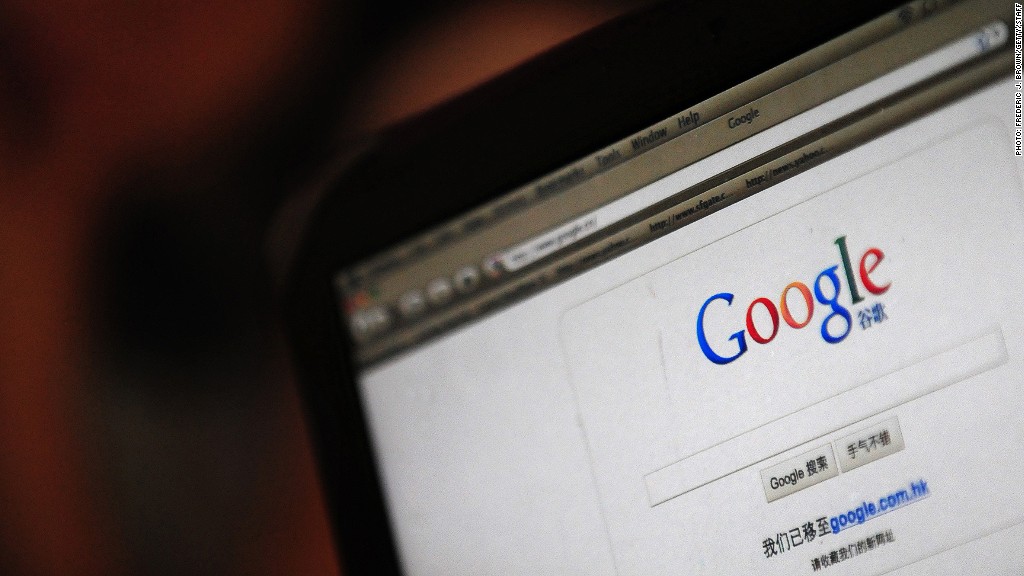
Google gets a lot of requests from the world's governments to remove allegedly illegal items from its website. For the first time, Google has detailed specifics: what governments are asking for and how it has responded.
In its latest Transparency Report, Google explained how governments asked for the removal of everything from links to defamatory sites to subtle drug references. Many of the deletion requests involved corruption allegations or content that is critical of officials.
Russia wanted a blog post that contained the text "got chocolate" removed, claiming it violated a federal law. Google (GOOGL) complied because in Russian, "chocolate" can also reference a recreational drug, and the country has a law that requires the removal of drug-related content.
Google also complied with a Russian request that a YouTube video documentary about suicide removed because it violated a federal law -- even though Google said the video had encouraged people to get help.
Kosovo's government made its first removal request this year: The country's law enforcement wanted two YouTube videos that showed minors fighting to be taken down. Google actually had proactively taken the video down before it received the request.
Cybersecurity: How safe are you?
Thailand wanted nearly 300 YouTube videos to be removed because they allegedly insulted the Thai royal family. Google denied the request, because Thailand wanted the videos to be taken down for every YouTube viewer around the world.
A member of the Royal Thai Parliament also wanted to eliminate a search result linking to a news article allegedly defaming the member. Google cited public interest for denying that request.
Brazil successfully had a blog post removed that allegedly accused a congressman of nepotism. Google also received a Brazilian court order to take down a YouTube video that allegedly contained defamatory claims about a funeral home. Google restricted the video from view in Brazil.
Why North Korea's attack should leave every company scared stiff
The United States also issued takedown requests. For example, the Georgia Department of Corrections requested a YouTube video depicting alleged abuse of inmates to be taken down because of its violent nature. Google denied that request.
In all, the search engine giant received 3,105 removal requests from courts and government agencies between July to December 2013 (the most recent data Google provided). Google said it added the specific examples to "push the envelope" on censorship.
Google has been inundated with censorship and lawsuits abroad in 2014. This year, the European courts ruled that Google must honor "right to be forgotten" requests from people who do not like the way they are portrayed on the search engine. Google also removed Google News after the Spanish government forced Google to pay royalties to news agencies. And the European Parliament moved to break up Google, citing antitrust violations.

